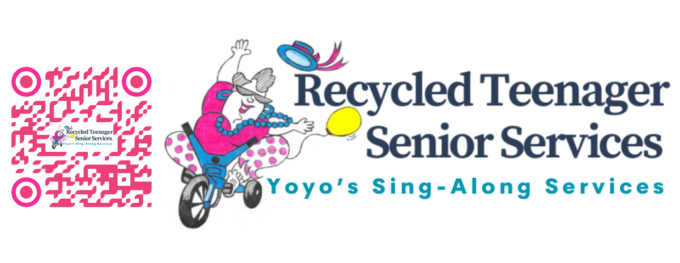Transformative Power of Music
Music has the power to enhance our life, lift our spirits and change our moods.
It is no secret that music has transformative powers. It not only has the ability to change moods and lift spirits, but one song can transport the listener to another place and time in our lives that we have long forgotten.
Musical sound interacts, penetrates our bodies in a way no other art does. It’s a powerful force and that can tap into the deepest recesses of the mind, stir emotions and conjure memories, music therapy can be used to improve the lives of those whose memories are fading, and music memory is one of the last things affected by Alzheimer’s disease.
Let’s look more deeply at the power of music in all our lives – why is it so emotional, so memorable and so powerful that even when much of the brain is gone, music can bring it alive?
Despite the enormous sums of money spent on behavior altering medications that are often not particularly effective, nothing compares to music, because of the promise and potential that it has for enhancing quality of life.
Many musicians have an instinctive understanding of how musical sound interacts with our bodies. They know — they feel — that sound impacts our bodies in a way no other art does. Opera singer Irene Gubrud says, “As a very young child, I experienced who I was through sound. I felt whole.”
5 Reasons Why Music Boosts Brain Activity
Music evokes emotions that bring memories.
Music can evoke emotion in even the most advanced of Alzheimer’s patients. Neurologist Oliver Sacks says that, “Music evokes emotion, and emotion can bring with it memory… it brings back the feeling of life when nothing else can.” By pairing music with every day activities, patients can develop a rhythm that helps them to the recall the memory of that activity, improving cognitive ability over time.
Musical aptitude and appreciation are two of the last remaining abilities in dementia patients.
Linda Maguire, lead author on the study wrote, “Musical aptitude and music appreciation are two of the last remaining abilities in patients with Alzheimer’s.” Because these two abilities remain long after other abilities have passed, music is an excellent way to reach beyond the disease and reach the person.
Music can bring emotional and physical closeness.
In the later stages of dementia, patients often lose the ability to share emotions with caregivers. Through music, as long as they are ambulatory, they can often dance. Dancing can lead to hugs, kisses and touching which brings security and memories.
Singing is engaging.
The singing sessions in the study engaged more than just the brain and the area related to singing. As singing activated the left side of the brain, listening to music sparked activity in the right and watching the class activated visual areas of the brain. With so much of the brain being stimulated, the patients were exercising more mind power than usual.
Music can shift mood, manage stress and stimulate positive interactions.
The Alzheimer’s Foundation of America has an entire web page dedicated to music therapy in Alzheimer’s patients. They say that, “When used appropriately, music can shift mood, manage stress-induced agitation, stimulate positive interactions, facilitate cognitive function and coordinate motor movements.” This is because music requires little to no mental processing, so singing music does not require the cognitive function that is not present in most dementia patients.

Want to know more about what I do?
I would love to talk with you about how I can best serve your needs!
